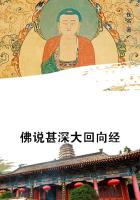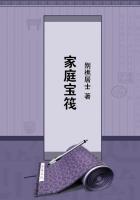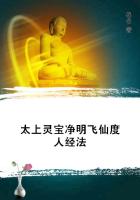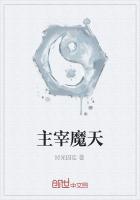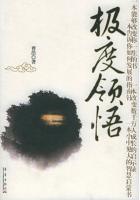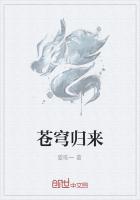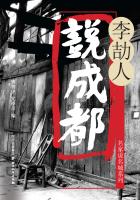Fair as a lily, hard to please, easily angry, ungrateful for innumerable verses, uncertain with the regularity of the madrigal, and inconstant with the punctuality of a stanza, she has gone with the arts of that day; and neither verse nor music will ever make such another lady. She refused to observe the transiency of roses; she never really intended--much as she was urged--to be a shepherdess; she was never persuaded to mitigate her dress. In return, the world has let her disappear. She scorned the poets until they turned upon her in the epigram of many a final couplet; and of these the last has been long written. Her "No" was set to counterpoint in the part-song, and she frightened Love out of her sight in a ballet. Those occupations are gone, and the lovely Elizabethan has slipped away. She was something less than mortal.
But she who was more than mortal was mortal too. This was no lady of the unanimous lyrists, but a rare visitant unknown to these exquisite little talents. She was not set for singing, but poetry spoke of her; sometimes when she was sleeping, and then Fletcher said -
None can rock Heaven to sleep but her.
Or when she was singing, and Carew rhymed -
Ask me no more whither doth haste The nightingale when May is past;
For in your sweet dividing throat She winters, and keeps warm her note.
Sometimes when the lady was dead, and Carew, again, wrote on her monument -
And here the precious dust is laid, Whose purely-tempered clay was made So fine that it the guest betrayed.
But there was besides another Lady of the lyrics; one who will never pass from the world, but has passed from song. In the sixteenth century and in the seventeenth century this lady was Death. Her inspiration never failed; not a poet but found it as fresh as the inspiration of life. Fancy was not quenched by the inevitable thought in those days, as it is in ours, and the phrase lost no dignity by the integrity of use.
To every man it happens that at one time of his life--for a space of years or for a space of months--he is convinced of death with an incomparable reality. It might seem as though literature, living the life of a man, underwent that conviction in those ages. Death was as often on the tongues of men in older ages, and oftener in their hands, but in the sixteenth century it was at their hearts.
The discovery of death did not shake the poets from their composure.
On the contrary, the verse is never measured with more majestic effect than when it moves in honour of this Lady of the lyrics. Sir Walter Raleigh is but a jerky writer when he is rhyming other things, however bitter or however solemn; but his lines on death, which are also lines on immortality, are infinitely noble. These are, needless to say, meditations upon death by law and violence; and so are the ingenious rhymes of Chidiock Tichborne, written after his last prose in his farewell letter to his wife--"Now, Sweet- cheek, what is left to bestow on thee, a small recompense for thy deservings"--and singularly beautiful prose is this. So also are Southwell's words. But these are exceptional deaths, and more dramatic than was needed to awake the poetry of the meditative age.
It was death as the end of the visible world and of the idle business of life--not death as a passage nor death as a fear or a darkness--that was the Lady of the lyrists. Nor was their song of the act of dying. With this a much later and much more trivial literature busied itself. Those two centuries felt with a shock that death would bring an end, and that its equalities would make vain the differences of wit and wealth which they took apparently more seriously than to us seems probable. They never wearied of the wonder. The poetry of our day has an entirely different emotion for death as parting. It was not parting that the lyrists sang of; it was the mere simplicity of death. None of our contemporaries will take such a subject; they have no more than the ordinary conviction of the matter. For the great treatment of obvious things there must evidently be an extraordinary conviction.
But whether the chief Lady of the lyrics be this, or whether she be the implacable Elizabethan feigned by the love-songs, she has equally passed from before the eyes of poets.

